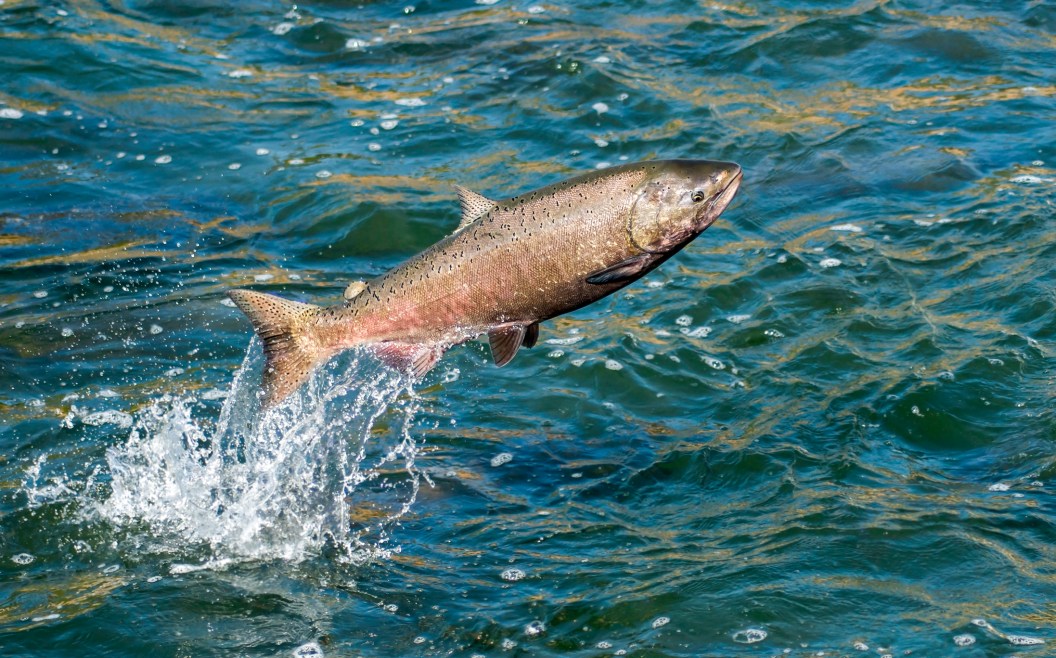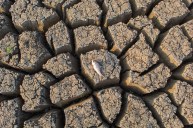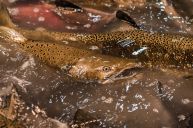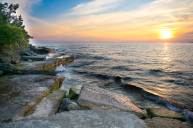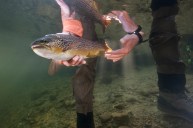Bad news for salmon anglers hoping to catch some Chinook in California this year: The golden state's salmon season, which would have opened on April 1, is closed and will remain closed through May 15, according to the California Department of Fish and Wildlife.
This decision comes after the West coast region's Chinook salmon population has been devastated by a multi-year drought and other factors.
Why Is Salmon Fishing Banned off California This Season?
Banning fishing for the season is intended to allow salmon to recover in the hopes of "ensuring long-term survival of our salmon runs and supporting our struggling fishing communities" for the future, Charlton H. Bonham, California Department of Fish and Wildlife Director, said in a press release.
"The forecasts for Chinook returning to California rivers this year are near record lows," said Marc Gorelnik, chair of the Pacific Fishery Management Council (PFMC). That's largely due to poor conditions in the freshwater environments after a yearslong drought in California, he added. However, others in the fishing community point to the state and federal mismanagement of water dispersal destroying salmon's ecosystems.
The fact is only 60,000 of the expected 196,000 adult salmon returned to the Sacramento River to spawn. John McManus, president of the Golden State Salmon Association, said that fishery managers have determined that there are not enough salmon in the ocean right now to comfortably get a return of adult salmon to reproduce for 2023.
That's why the PFMC unanimously recommended a full closure of the recreational and commercial salmon fishing season, including all marine waters off California and most of Oregon. While California is remaining closed, southern Oregon will allow limited recreational salmon fishing in the fall, according to the AP.
As for inland river fishing in California, the California Department of Fish and Wildlife is expected to make an announcement on the Sacramento, Feather, American, and Mokelumne Rivers by May 17, but it's very possible the inland salmon fishing will be the next to be partially and temporarily shut down.
While this news is a bummer for anglers hoping to catch Chinnok in California, we're happy to see a focus on supporting the longevity of salmon's habitats. And, anglers across the country have plenty of other options to target salmon while salmon fishing in the West Coast is in limbo.
Where to Salmon Fish Instead
Alaska
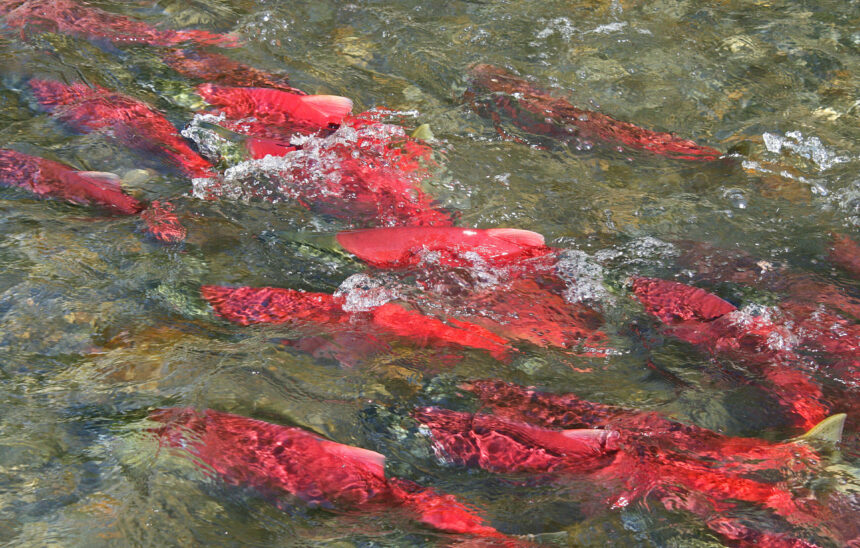
Getty Images, longspringAK
It'll come as no surprise that our top alternative recommendation is for salmon fishing in Alaska. The Last Frontier has many top-notch salmon fishing options, but the undisputed king is the Kenai River.
The world record Chinook salmon, which weighed a whooping 97 pounds, four ounces, was caught in the Kenai.
The Chinook salmon that come out of the Kenai are routinely so large that the local government has established a different scale to determine what defines a trophy size in this river.
Across the rest of Alaska, a Chinook that weighs more than 50 pounds is considered a trophy fish, but in the Kenai, the fish must weigh at least 75 pounds in order to qualify as a trophy size salmon.
New York
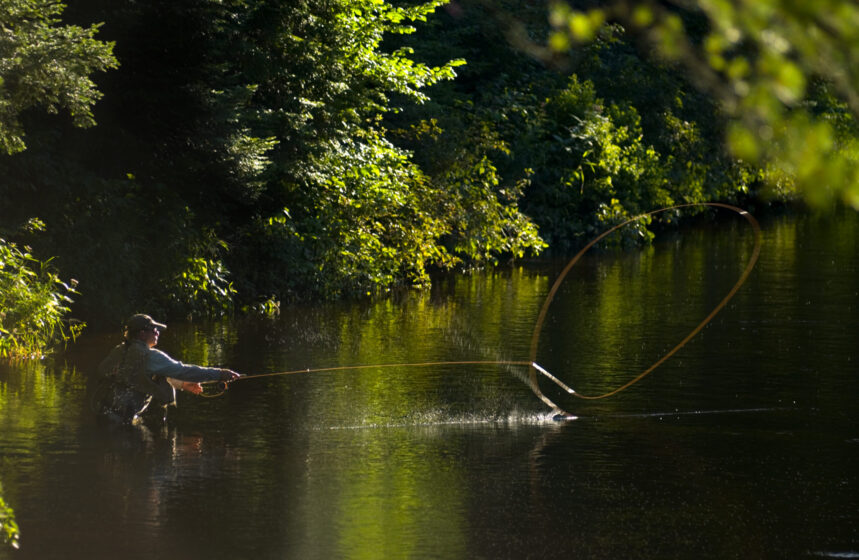
Getty Images, holerider
New York is home to several salmon fishing hotspots, including the Salmon River, Lake Ontario, and the Niagara River.
New York's Salmon River is known to have one of the country's bets salmon runs year after year. It is heavily stocked with chinook salmon, coho salmon and Atlantic salmon every year by the state's Department of Conservation.
Another great place to hook some salmon in New York is Lake Ontario and the waterway that connects it to Lake Erie, the Niagara River. The Lower Niagara River provides 15 miles of prime salmon fishing during the fall, when chinook and coho travel through on their journey to return to the place where they hatched.
